Over 249 participants from various livestock fields to include livestock farmers, Veterinarians, Animal scientists, Students and other professionals gathered at the Kano State Library Hall, on 4th March, 2020 during the third edition of the Knowledge Update on Poultry Health and Nutrition, 2020. The programme was organized by Livestock Industry Foundation for Africa with support from the ZOETIS-ALPHA Initiatives and the Bill and Melinda Gates Foundation.
The knowledge updates which first kick-started in Ibadan on the 17th July 2019 recorded over 220 participants from different states within the Southwest. In its second edition, which was organised in Abuja, recorded over 120 participants from Abuja metropolis and within neighbouring city. This edition, which took place in Kano marks the third zonal programme in Nigeria given the enormous desire to improve livestock health and positively impact farmers’ livelihoods in Sub-Saharan Africa.
The Knowledge Update on Poultry Nutrition and Health, Kano, 2020 featured state executives of the Poultry Association of Nigeria (PAN) in persons of Alh. Ibrahim Nuhu, Alh. Abbar Ali, Alh. Saidu Abdullahi (CEO, Sovet Ltd) and a prominent state farmer; Mr Muhammed Aminu Adamu (CEO, Nana Farm Ltd) who also moderated the discussion on the Problem of Family Succession in the Poultry Industry. The moderation which took a form of discussion and case study was conducted in Hausa language and it received high participation and interest with numerous suggestions and contributions from participants.
The programme commenced at 8.30 am and ended at around 2.30 pm. Four lectures were delivered with 30 minutes allotted to respective lectures and a ten minutes questions and answers for participants including an interactive session. The programme started with an opening prayer from one of the participants. This was followed by a welcome address from Zoetis country lead; Mr Joshua Olorungbemi who was duly represented by Dr Adah Ogwuche.
Dr Stephen Adejoro in his welcome address pointed out his mission on how livestock food security in South Sahara Africa can be of benefit to help develop livestock industry. This he believe can be achieved through Advocacy, education and knowledge updates. He also noted the importance of egg and why it must be promoted through our indigenous foods thereby making every families and homes to imbibe indigenous egg recipe in their diets.
The lecture delivery took a wonderful turn. Four speakers delivered four seasoned lectures; the speakers were; Dr Adah Ogwuche, Dr Stephen Adejoro, Dr Dolapo Babajide and Dr Niyi Bankole.
The first lecture was delivered by Dr Adah Ogwuche and it centred on “Biosecurity and Sanitary Practices in Poultry Farming”. He emphasised that biosecurity should be an integrated part of farm operation knowing well that it is the cheapest way of preventing diseases. He noted the importance of biosecurity as measures by which diseases can be reduced from farm, prevent the transmission of diseases from neighboring farms, reduce the risk of pathogen spread within same farm, improve productivity and performances, prevent zoonosis and ensure production of safe food for the consumers.
The second speaker was Dr Stephen Adejoro. He
enlightened participants on the topic “Effect of Climate Change on Poultry”. He
took quality time to explain how climate change can affect poultry production.
Implications of climate change on poultry health can be in the form of; Heat and heat stress, Rainfall and flood, Mycotoxins,
immune depression and resistance development, Drought and low yield in poultry
productivity.
The third speaker was Dr Dolapo Babajide. He delivered a lecture on “Optimizing Poultry Health with Innovative Vaccination Practices”. He delivered a stepwise approach to ensuring effective vaccination of birds. These approaches range from good record keeping to considerations for procuring and handling vaccine, general checklist, and preparation for water, spray and injectable vaccines. Waste disposals methods and Post vaccination monitoring were also explained.
The fourth speaker was Dr Niyi Bankole. He spoke on “Diagnostic laboratory services (Tool for profitable and sustainable livestock production)”. He explained the different types of laboratory test, the usefulness of ELISA serology in the final diagnosis of poultry viral diseases, quality control of feed materials (especially Mycotoxins) and the essence of co-operation by farmers to demand quality farm feedstuff supplies.
A case study of the problem of family succession
was also discussed. The study received a lot of contributions. Many participants
took interest in the session as it help them highlight various ways by which businesses
can be passed to future generations.
In conclusion of the lecture series, questions and answers
were brought to the board and many participants asked various questions. Answers
were given appropriately based on the lecture delivered. Light refreshments
were served while taking the questions and answers section.
The programme ended with a closing prayer after a special vote of thanks. Group photographs were taken while participants received a certificate of participation with a promise to also receive the lecture materials via registered emails.
LIFA continues to be proactive in organizing trainings for farmers and stakeholder towards the aim of improving the livestock industry in Nigeria and South Sahara Africa. We are available for collaborations in areas that may require education, training, advocacy, awareness and policy implementation.
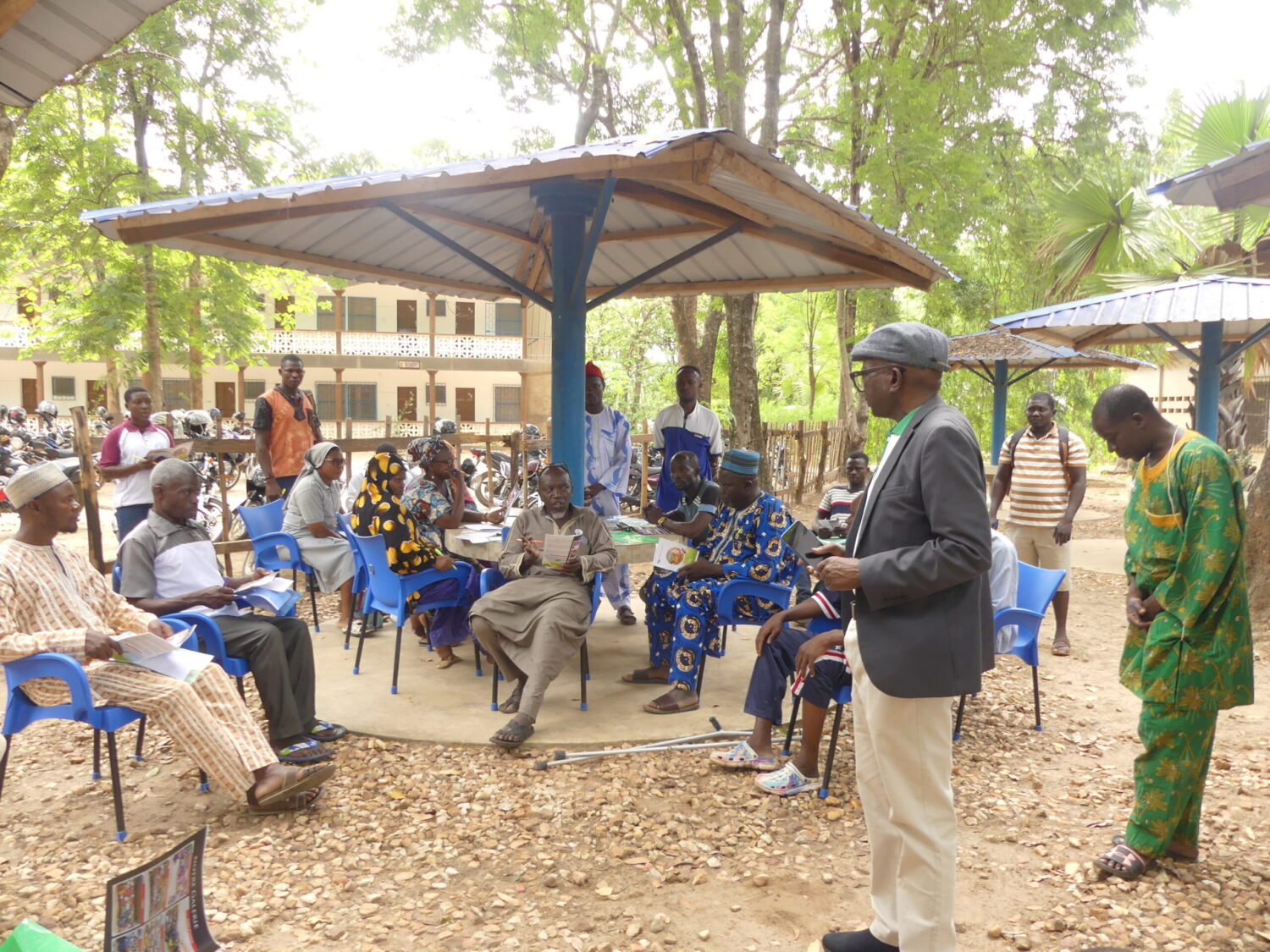

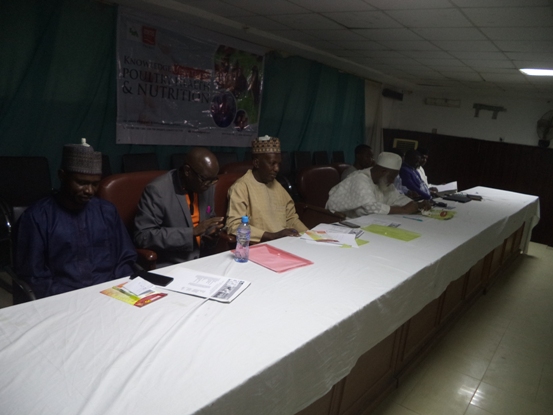
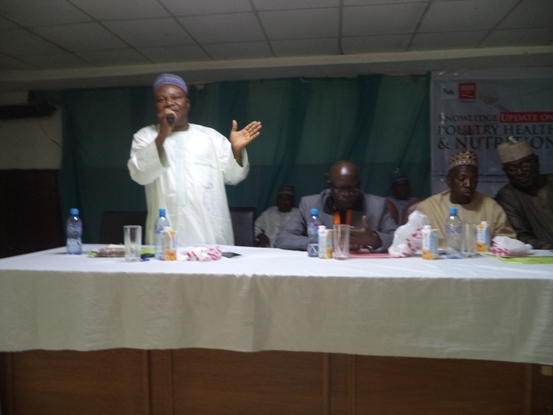
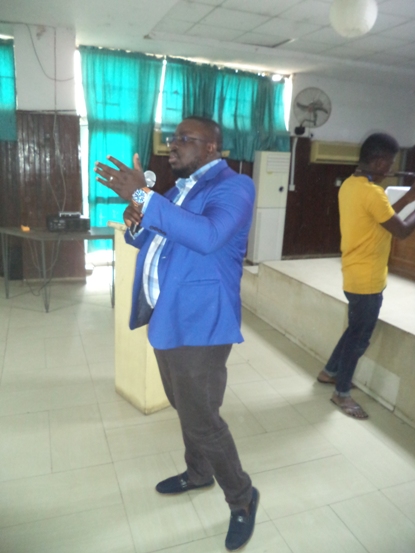
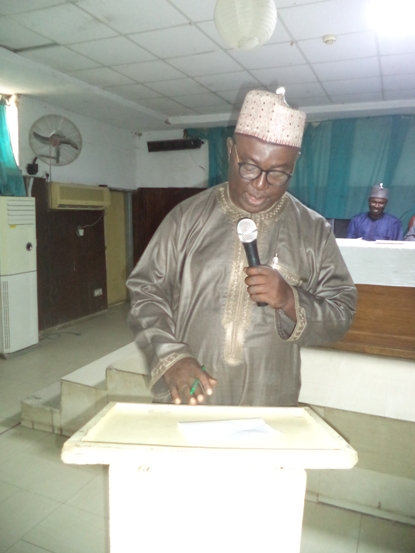
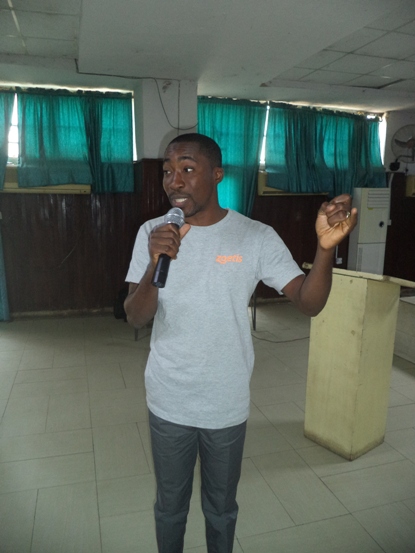
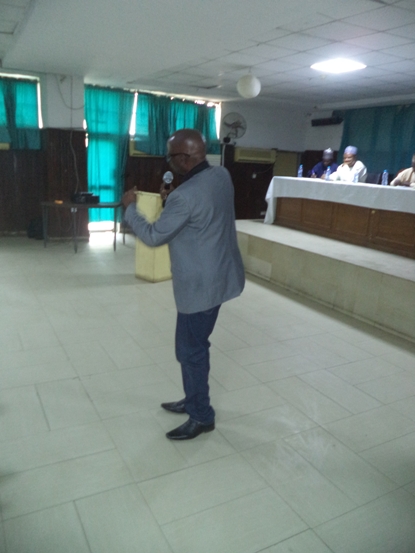
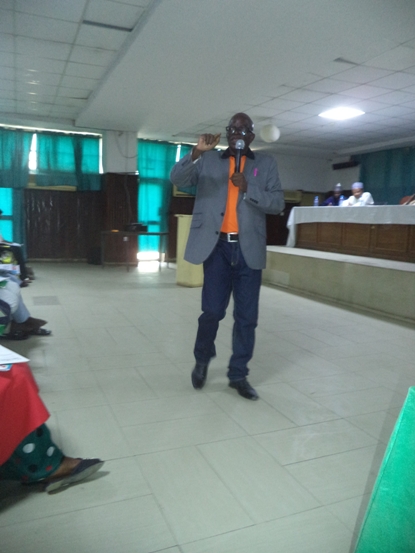
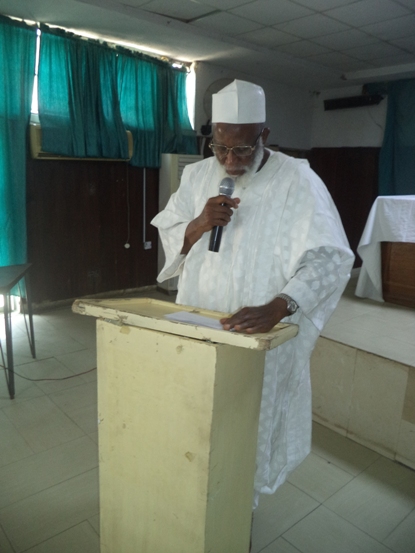
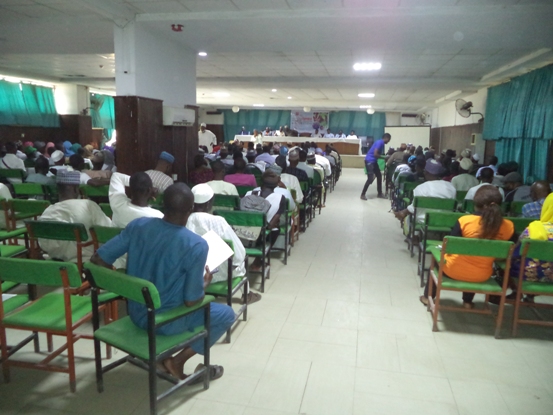
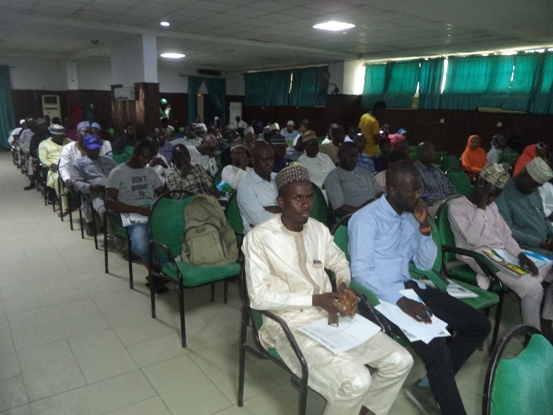
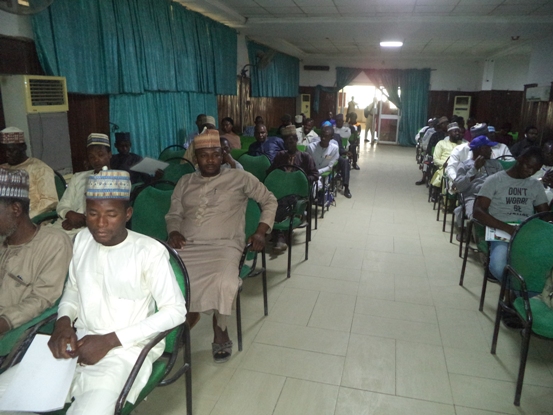
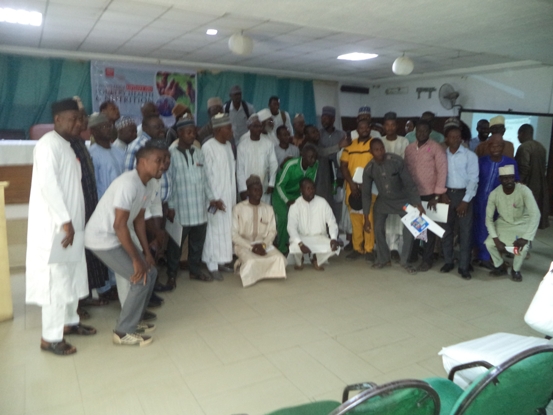
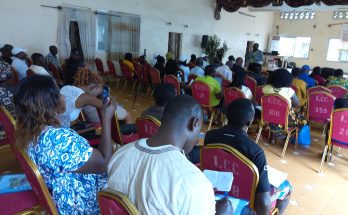

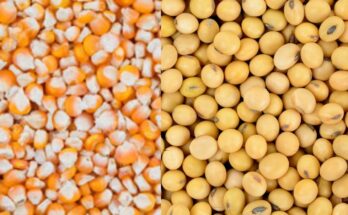
Keep up the good work, knowledge is empowerment,I feel empowered by becoming a better Farmer
Thanks for the comment.